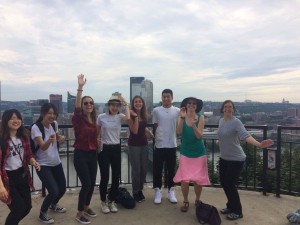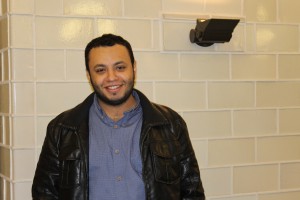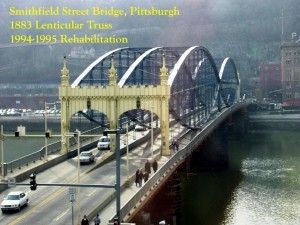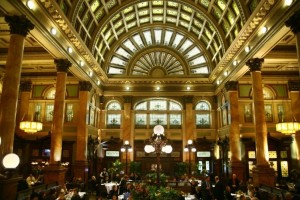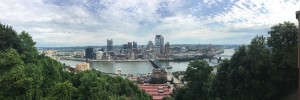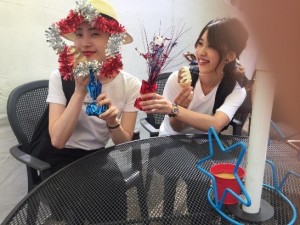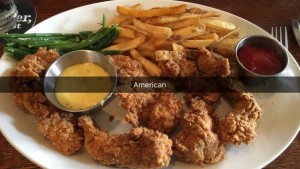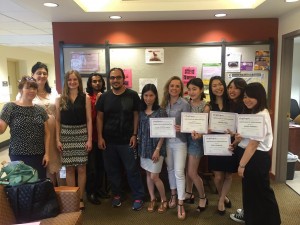A Summer Filled With Adventures for ELP Students
By Brigette Bernagozzi, ELP Lecturer
Our ELP students have enjoyed a busy summer filled with many new adventures! Our first summer session included a visit to the Heinz History Center exhibit called “Toys of the ’50s, ’60s, and ’70s.” Students learned about dolls, games, and other sources of entertainment for children during the different decades of American history. We were even encouraged to try our hand at the pinball machines and retro video games, including Ms. PacMan.
In May, we visited Chatham’s Eden Hall campus. Students and teachers spent the morning in the garden, watering crops and constructing planting beds. After our hard work in the sun, we gathered in the beautiful new student center for a warm meal cooked by Eden Hall staff just for us. Soon after, the ELP celebrated the term’s conclusion with a goodbye gathering, where students made their farewell presentations and received certificates of completion for their courses.
In June and July, writing teachers Sylvia and Brigette led a group of students on several off-campus forays into American culture. Weekly Friday field trips included jaunts to Squirrel Hill Library, the Warhol Museum, and Pittsburgh’s steep incline, which leads up to Mount Washington. After shooting impressive photographs of Pittsburgh’s stunning skyline, everyone celebrated with soft-serve ice cream before descending into Station Square for shopping and a hearty lunch at Houlihan’s.
Our next adventure led us into the heart of the Strip District, famous for its fresh fruits, mouth-watering meats, international chocolates, and gourmet cheeses. After stopping at an authentic Italian coffee bar, students embarked on a rainy scavenger hunt, winding their way through spice shops and fish markets. At first, the sudden thunderstorm soaked our clothing through and through, but then Sylvia pulled brightly colored ponchos out of her backpack for everyone to help ward off the rain. Then it was off to try new delicacies at Smallman Galley, a restaurant featuring several different styles of cooking, including barbecue chicken with baked beans, gourmet avocado toast, and a burger drenched in a top-notch umami aioli with smoked mushrooms. Decadent ice cream sundaes at Klavon’s 1920’s-style ice cream parlor topped off the afternoon.
How could our students not enjoy such a fantastic summer here at the ELP? We’ll miss those who are leaving us for new adventures, but our ELP staff will look back fondly on our shared journeys through the many museums, rainy cityscapes, and—of course—ice cream shops of Pittsburgh.

